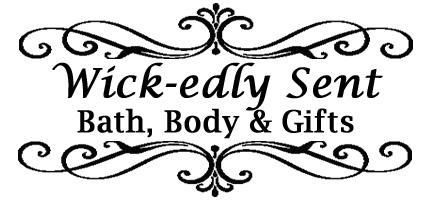One of our specialties at Wickedly Sent is Aromatherapy. Although the name is a 20th century term, this art dates back thousands of years. It is suspected that the Chinese, through their burning of incense, were the first to use plants for well-being.
Later, the Egyptians developed a machine that would distill cedarwood oil which was mixed with clove, cinnamon, nutmet and myrrh for enbalming purposes. They also mixed oils and herbs for spiritual, medicinal and cosmetic purposes and are credited with coining the word “perfume.”
Aromatherapy soon became popular with the Greeks and the Romans as well. The Greeks believed it to be a gift from the Gods and a Roman named Discordides added to the knowledge base by studying and writing about the properties of some 500 plants.
In the 13th Century, an early pharmaceutical industry developed relying on the distallation of essential oils and by the 14th Century, people used preparations made from plants and herbs, attempting to fight off the deadly Black Plague.
Apothecaries sprang up during the 16th Century and oils incorporating plant essence became available for purchase in shops. Over the 16th and 17th century, perfume became an art form, and by the 19th Century, it was a booming industry.
By the 20th Century, aromatherapists had discovered how to separate the constituents of essential oils and create synthetic chemicals and drugs leading to the development of the fields of modern medicine and synthetically-created perfumes. As a result, the field of aromatherapy eroded in popularity.

Fortunately, during the late 20th and 21st Century, there has been a growing resurgence of interest in the field of aromatherapy and how essential oils can be used for healing and to contribute to one’s well-being.
At Wickedly Sent, we are firm believers in the power of essential oils, which we use in all our Aromatherapy products, along with all-natural ingredients. These products connect us with nature and offer holistic restorative properties that synthetically-created products lack.
Our next post will focus on the benefits of Aromatherapy.
